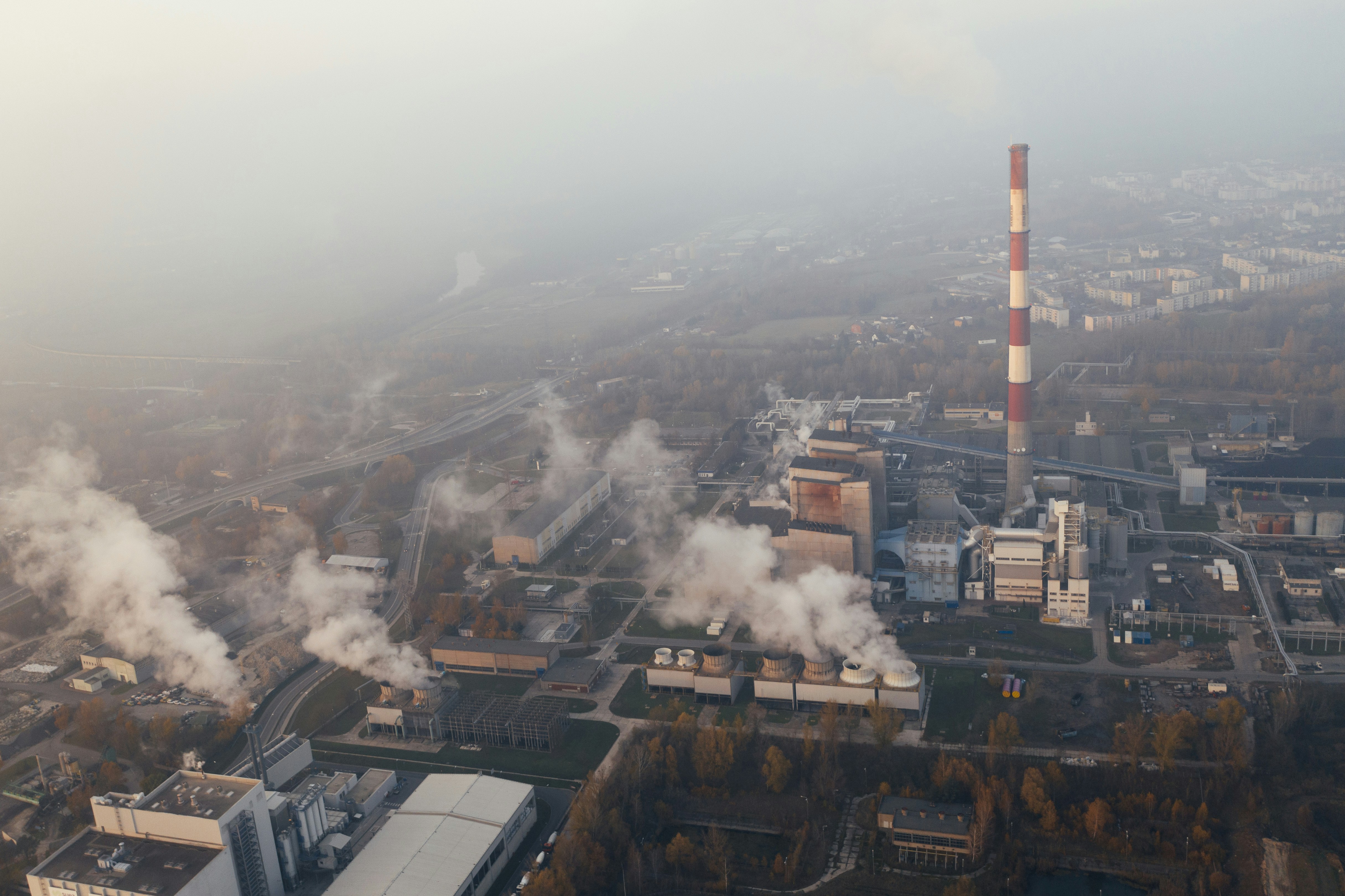The international community should hold it accountable.
In November of this year, COP29, the United Nations Climate Conference, will be held in Baku, Azerbaijan. This marks the third year in a row that the event will be hosted by a government with significant fossil fuel reserves and a poor human rights record — notably for its repression of civil society. As with the UAE (COP28) and Egypt (COP27), there are many reasons to be concerned about the Azerbaijani government’s commitment to solving the climate crisis and to protecting environmental and human rights.
An Oil Rich Climate Host
Azerbaijan’s economy relies heavily on the fossil fuel sector, with oil and gas accounting for 92% of the country’s exports. The largest foreign investor in Azerbaijan is BP, accounting for over 88% of the country’s exports. And, although Azerbaijan has significant potential to increase renewables, at present fossil fuels comprise 98% of the country’s domestic energy supply.
Although Azerbaijan was a founding member of the Extractive Industries Transparency Initiative, the mission of which is “to promote understanding of natural resource management, strengthen public and corporate governance and accountability, and provide the data to inform policymaking and multi-stakeholder dialogue in the extractive sector,” it was suspended from the organization in 2017 for restrictive changes to its NGO legislation, which limited the ability of civil society to participate in Azerbaijan’s EITI engagement. The Azerbaijani government withdrew from EITI the following day, severely limiting the ability of civil society to monitor the government’s oil revenue expenditures.
Read more: inkstickmedia.com
Photo: unsplash.com


Leave a Reply